The jackal is a small, smart animal that looks like a mix between a dog and a fox. It lives in open grasslands, deserts, and woodlands, and is known for its sharp mind, loud calls, and strong survival skills. Jackals often work in pairs and are active mostly at night.
Scientific Classification
-
Kingdom: Animalia
-
Phylum: Chordata
-
Class: Mammalia
-
Order: Carnivora
-
Family: Canidae
-
Genus: Canis
-
Species: Various (see types below)
Common Names
-
Jackal
-
Golden Jackal
-
Side-striped Jackal
-
Black-backed Jackal
-
Bush dog (informally in some local dialects)
Geographic Distribution
Jackals are found in:
-
Africa
-
Parts of Asia (India, the Middle East)
-
South-Eastern Europe
They like:
-
Grasslands and savannahs
-
Deserts and dry scrub areas
-
Edges of forests and villages
 Image showing a jackal walking through dry grassland (Source: Destination Uganda)
Image showing a jackal walking through dry grassland (Source: Destination Uganda)
Physical Characteristics
-
Size: 70 to 100 cm long
-
Height: About 40 cm at the shoulder
-
Weight: 6 to 15 kg
-
Color: Varies, golden, grey, black-backed, or reddish
-
Ears: Pointy and upright
-
Tail: Bushy with a dark tip
Types of Jackals
1. Black-backed Jackal
 Image showing a Black-backed jackal standing in open plain(Source:Wikipedia)
Image showing a Black-backed jackal standing in open plain(Source:Wikipedia)
-
Reddish body with a black patch on the back
-
Found in southern and eastern Africa
-
Sharp, alert, and very vocal
-
Often seen alone or in pairs
2. Side-striped Jackal
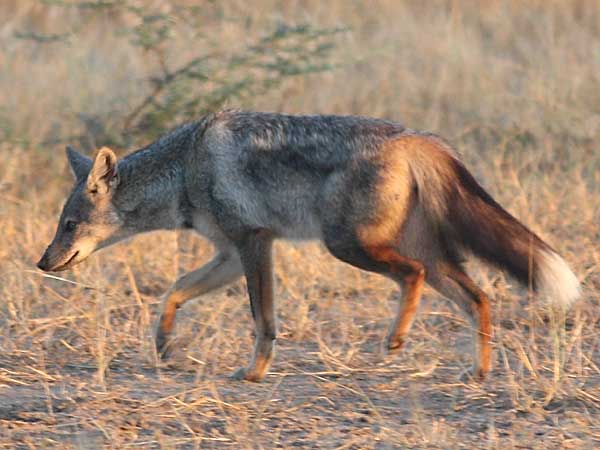 Image showing a Side-striped jackal on the move at dusk (Source: Wildlife Pictures Online)
Image showing a Side-striped jackal on the move at dusk (Source: Wildlife Pictures Online)
-
Greyish body with a faint white line on the side
-
Lives in central and southern Africa
-
More shy and secretive than the others
-
Active mostly at night
3. Golden Jackal
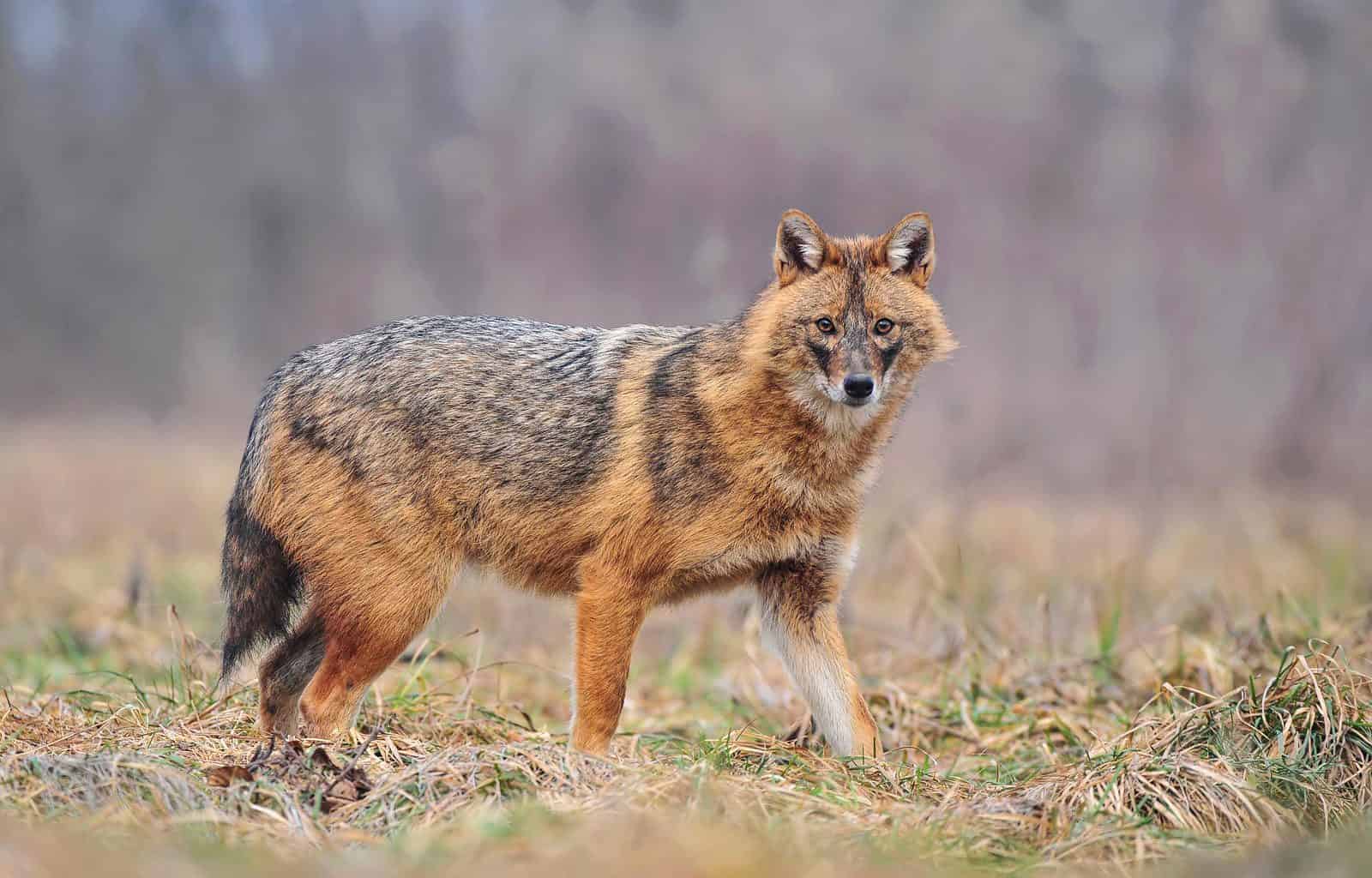 Image showing a Golden jackal in an open field (Source: European Wilderness Society)
Image showing a Golden jackal in an open field (Source: European Wilderness Society)
-
Light golden-yellow coat
-
Found in North Africa, India, and Europe
-
Adaptable to farms, forests, and even near towns
-
Good at scavenging and hunting small animals
What do Jackals eat?
Jackals are omnivores, they eat both meat and plants. Their diet includes:
-
Small animals like rats, rabbits, and birds
-
Insects, eggs, and frogs
-
Fruits, roots, and berries
-
Leftovers from bigger predators (lions, leopards)
They eat whatever they can find, true survivors.
Fun facts about Jackals
-
Jackals are known for their “yip-yip” calls, especially in the evening.
-
They are loyal mates, often staying with one partner for life.
-
Jackals help clean up dead animals, acting like nature’s waste removers.
-
They are very fast, can run up to 65 km/h.
-
In African folktales, jackals are often shown as clever tricksters.
Importance to Humans
Positive Roles:
-
Help control pests like rodents
-
Clean up dead animals in the environment
-
Add to biodiversity and attract wildlife tourists
-
Important in local stories and traditions
Challenges:
-
Sometimes attack poultry or weak livestock
-
Can carry diseases like rabies if not healthy
-
Often misunderstood and hunted
Health & common issues
Jackals in the wild usually stay healthy but can suffer when close to human settlements.
Common issues:
-
Rabies (can spread to dogs or people)
-
Mange (skin disease)
-
Parasites like ticks and fleas
-
Injuries from traps or cars
Vet care tips (for rescued jackals):
-
Quarantine and monitor for signs of illness
-
Deworming and parasite control
-
Clean diet and large space for recovery
-
Only trained wildlife vets should handle them
Conservation status
-
Most jackal species are listed as Least Concern
-
They are not endangered, but some populations are shrinking due to:
-
Hunting
-
Loss of habitat
-
Road accidents
-
In some areas, laws protect jackals from being hunted without cause.
Jackal vs Fox vs Hyena
| Feature | Jackal | Fox | Hyena |
|---|---|---|---|
| Family | Canidae (dog family) | Canidae | Hyaenidae |
| Size | Medium | Small | Large |
| Diet | Omnivore | Omnivore | Carnivore/scavenger |
| Sound | Yips and howls | Sharp barks | Loud “laughing” calls |
| Social Life | Pairs or small groups | Mostly solitary | Lives in large clans |
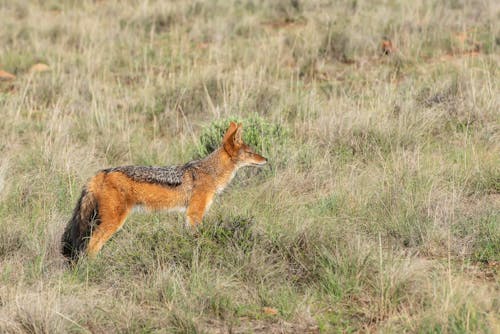 Image showing a Jackal standing alert (Source: Pexels)
Image showing a Jackal standing alert (Source: Pexels)
In case you have questions about wild canines or want help with local animal issues, you can visit Doctor Hulk Veterinary Hospital or call 08143397614.





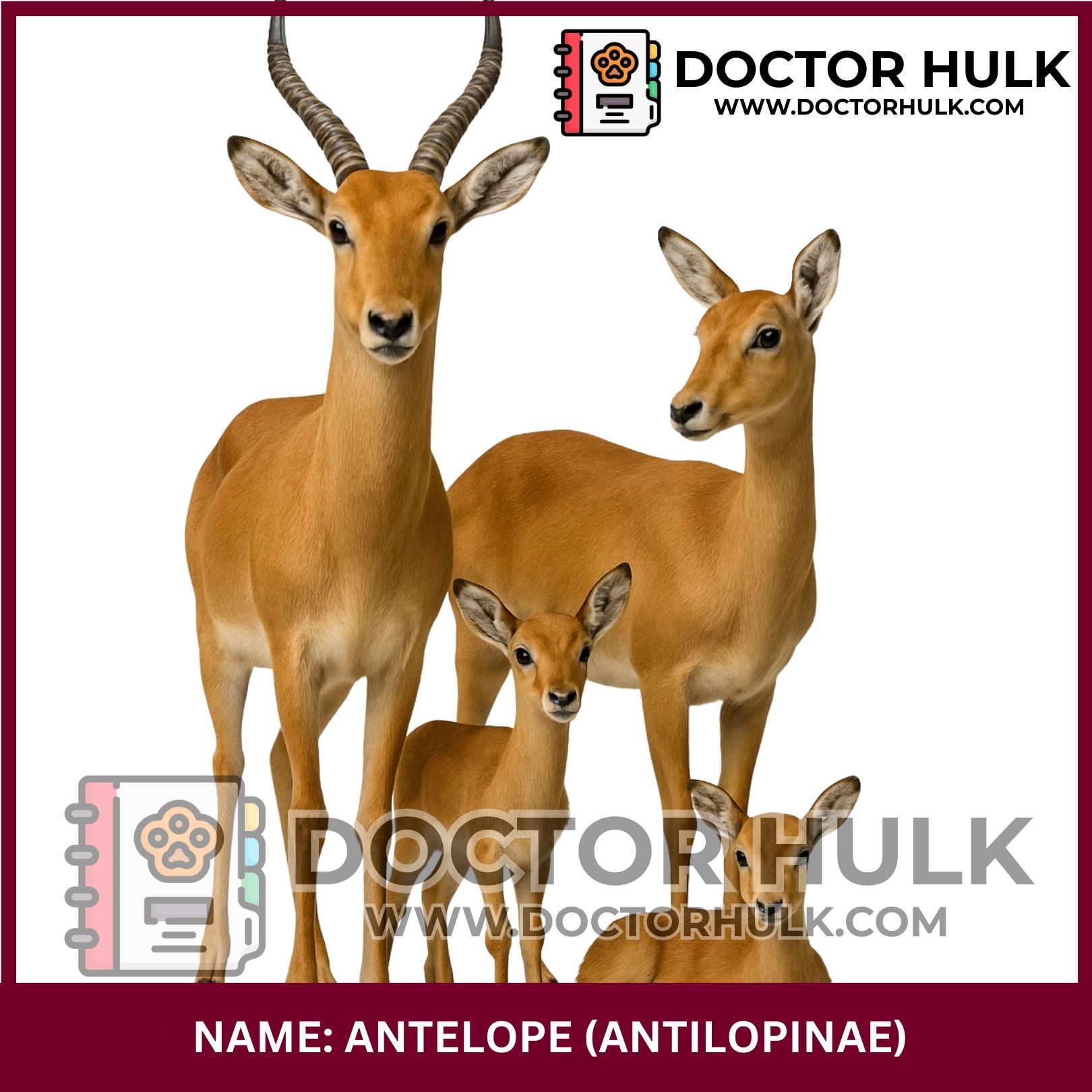
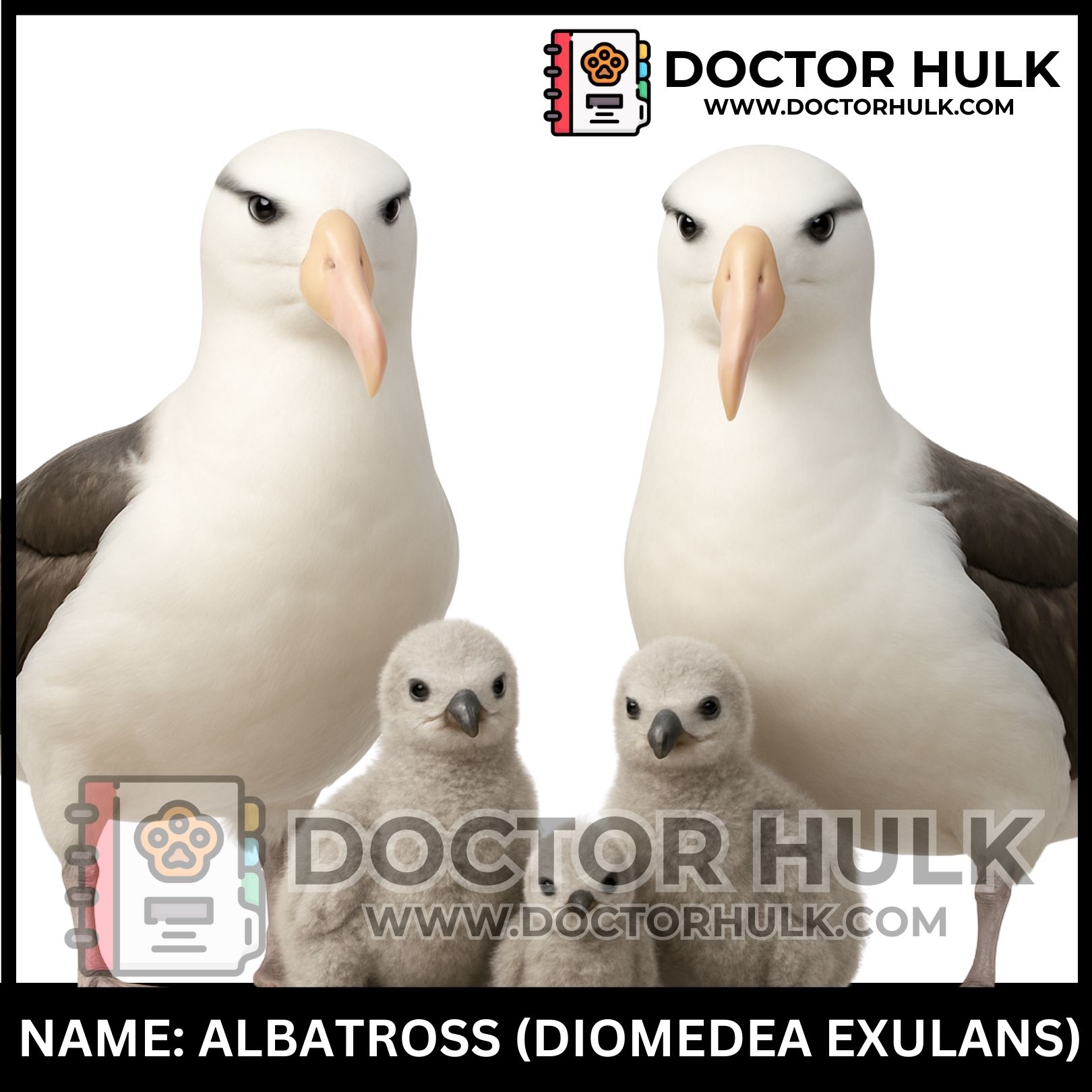

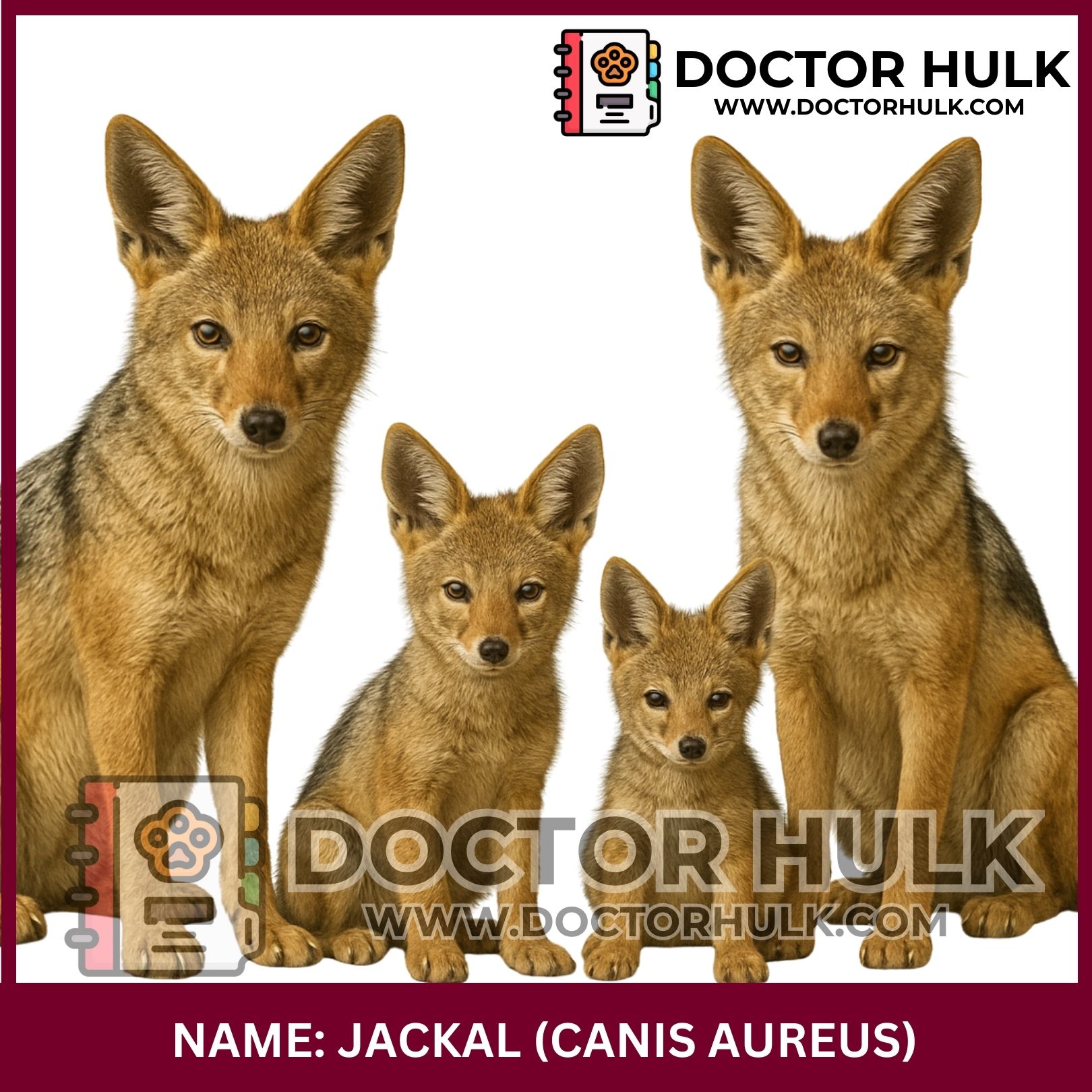




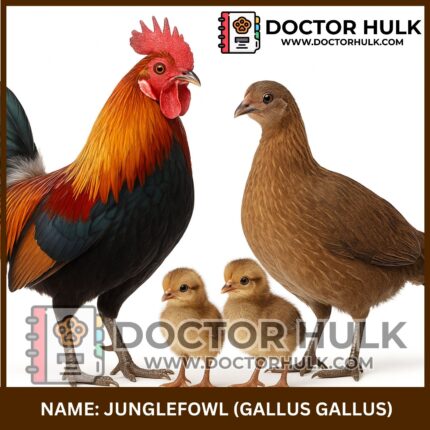

Reviews
There are no reviews yet.